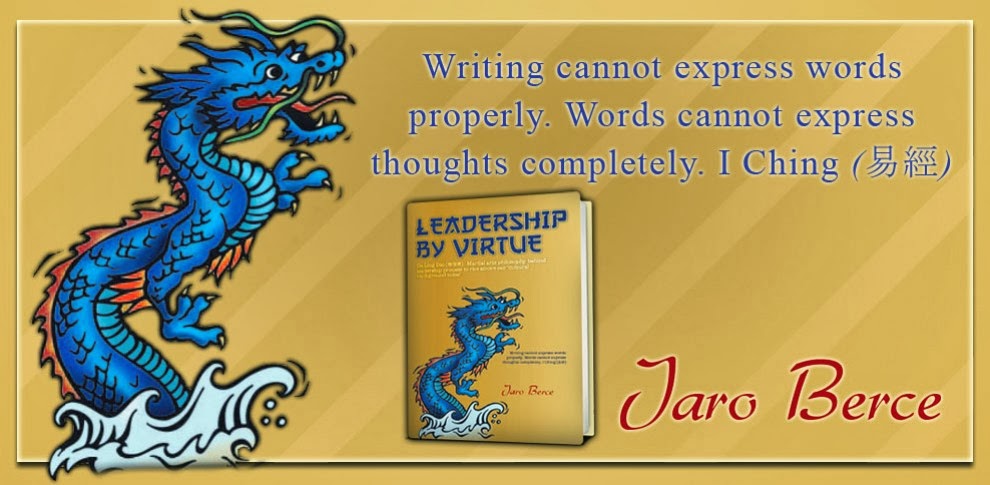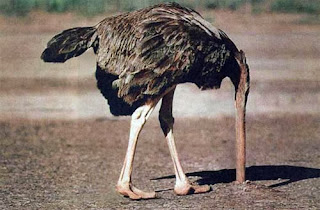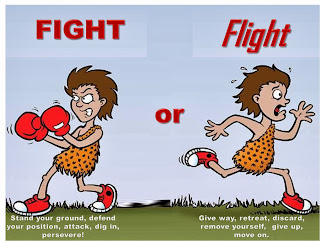Last post about “Different views on leadership” discussed the differences between Western and Eastern leadership
views. In searching for those dissimilarities I came across text from Spring and Autumn - Warring States, chapter Yao Yue describing discussion between Confucius and his apprentice Zi Zhang. Discussion
is obviously focused on a leadership principles and attitudes:
Zi Zhang asked Confucius: "In what way
should a person in authority act in order that he may conduct government
properly?"
The Master replied: "Let him honor the
five excellent, and banish away the four bad, things; then may he conduct
government properly."
Zi then said: "What is meant by the
five excellent things?"
The Master: "When the person in
authority is beneficent without great expenditure; when he lays tasks on the
people without their repining; when he pursues what he desires without being
covetous; when he maintains a dignified ease without being proud; when he is majestic
without being fierce."
Zi: "What is meant by being beneficent
without great expenditure?"
The Master replied: "When the person
in authority makes more beneficial to the people the things from which they
naturally derive benefit; -- is not this being beneficent without great
expenditure? When he chooses the labors which are proper, and makes them labor
on them, who will repine? When his desires are set on benevolent government,
and he secures it, who will accuse him of covetousness? Whether he has to do
with many people or few, or with things great or small, he does not dare to
indicate any disrespect - is not this to maintain a dignified ease without any
pride? He adjusts his clothes and cap, and throws a dignity into his looks, so
that, thus dignified, he is looked at with awe - is not this to be majestic
without being fierce?"
Zi then asked: "What is meant by the
four bad things?"


























